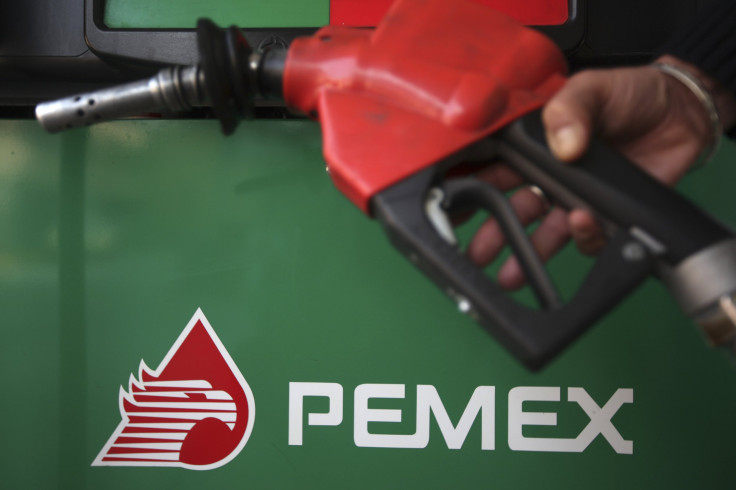Organized Crime To Profit From Mexican Oil Reform: US Department Of Energy

Mexico’s recent oil reform will open up the energy industry from a 75-year-old state monopoly to a stream of private companies, and with them, it's expected, organized crime.
Mexico’s vast shale-based reserves are some of the world’s largest, according to a recent assessment by the U.S. Energy Information Administration. But the shale is also located in precisely the northeastern regions most heavily influenced by the Zetas organized crime group. The Zetas and rivals like the Gulf Cartel have profited from reselling stolen oil and illegal mining operations for years, pocketing about $1.13 billion from the trade in 2012 and the first nine months of 2013, according to a November report by Pemex director Emilio Lozoya. And more than half of the money came in during the last nine months, indicating gangs’ oil profits are rising.
“Most of the public attention on the oil reform has focused on the political consequences, but the sudden entry of a raft of new firms unfamiliar with Mexico could present a juicy new target and a revenue boon for organized crime,” Patrick Corcoran wrote Tuesday for InSightCrime, a website dedicated to tracking organized crime in the Americas.
In December, Mexican President Enrique Pena Nieto signed a reform into law that will end the monopoly of the state oil company Pemex and allow private companies to drill for oil and gas. Then in January, Nieto announced a partnership between Pemex and Russian firm Lukoil. U.S. companies, too, especially those with operations in Texas, are expected to stretch their operations across the border into Mexico’s shale basins.
The Mexican congress must still draft legislation before the end of March specifying details of the reform, such as how the government will award contracts. In his speech before signing the reform, Nieto promised his citizens the act would bring more jobs and cheaper electric bills.
Opponents say the reform betrays Mexico’s oil sovereignty and will not help ordinary Mexicans but only fatten the billfolds of the already-rich oil businessmen. Left-wing parties are promising to organize the country’s first referendum in 2015 to undo the law, though reversing the law would still need approval from the Supreme Court.
Supporters say the reform will boost Mexico’s ailing oil output and slow-growing economy by attracting billions in investment from private oil firms and helping manufacturers better compete globally with cheaper and more plentiful energy.
Regardless, Mexican gangs are practiced in siphoning oil from Pemex pipelines. Pemex and Mexican authorities have traced the most illegal taps to the Sinaloa Cartel of the state Sinaloa and the Zetas.
Pemex discovered more than 2,600 illegal siphons on its pipelines stealing gasoline, diesel, crude oil, natural gas and petrochemicals in 2013, compared to only 155 in 2000, Mexican newspaper El Universal reported last week after filing a freedom of information request in Mexico. That’s a 1,548 percent rise in 13 years, and it's telling that siphons appear more in states with higher drug cartel activity.
After obtaining the crude, the gangs’ profit depends on how many outside companies and gas stations will pay for it, knowingly or unknowingly purchasing stolen goods. The crude is usually transported across the border with false documents and priced below market so companies buying can increase their profit margins. Pemex has sued many U.S. companies and individuals for participating in fuel trafficking, including Big Star Gathering Ltd., F&M Transportation Inc., Western Refining Co., Joplin Energy and others.
As one integrated company, Pemex has successfully tracked down a portion of lost supplies and closely watched employees suspected of criminal activity. But as the oil industry diversifies, criminal groups will have an array of targets and partners to choose from. When one company tightens security, a gang will be able to simply find another, perhaps more vulnerable, company.
© Copyright IBTimes 2024. All rights reserved.





















